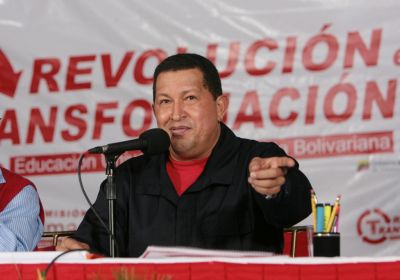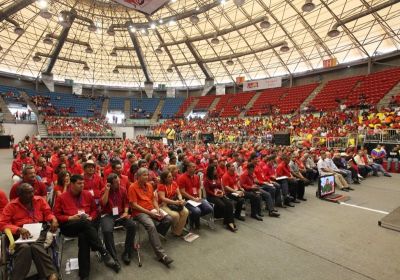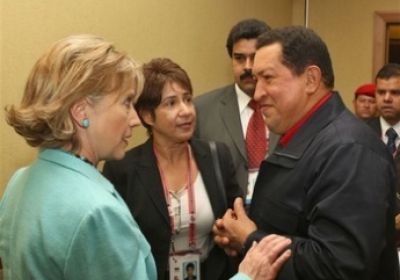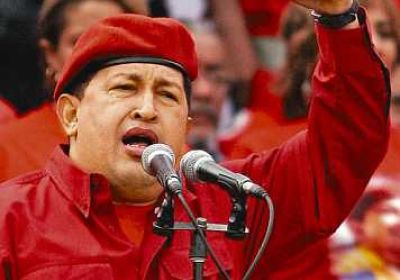
Venezuela marked the 12th anniversary of President Hugo Chavez’s first oath of office in February 1999 on February 2.
Chavez won presidential elections in December 1998 on a pro-poor program that pledged to break the corrupt, two-party system that had dominated Venezuela since 1958.
To commemorate the occasion, Chavez and supporters held four televised site visits in Caracas. The visits highlighted gains in education, food, health and people’s power that have occurred as part of the “Bolivarian revolution” the Chavez government is leading.







